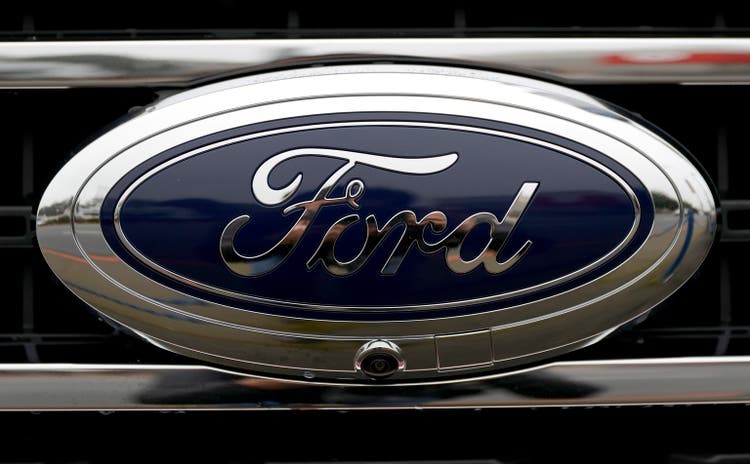
Justin Sullivan/Getty Images News
Ford Motor Company (NYSE:F) profitability eroded in the second quarter as increased warranty costs and losses associated with its electric vehicle division left the carmaker with an adjusted profit of $0.47 per share, down $0.25 from the same quarter last year and $0.21 below Wall Street’s expectations.
Accordingly, shares are losing ground in after hours trading, down by more than 12%.
Product launch and [the first 3 months in service] are leading indicators of future warranty costs, of which the company acknowledges is weighing on profitability.
“We still have lots of work ahead of us to raise quality and reduce costs and complexity,” CFO John Lawler said in a statement.
Fueled by strong sales in its commercial division, the company reported a 2.9% increase in consolidated sales to $47.8B, above the Street’s consensus estimate of $44.9B. Adjusted EBIT dropped by $1B to $2.8B while the adjusted EBIT margin declined 270 basis points to 5.8%. Adjusted free cash flow increased by $300M to $3.2B.
By segment, the company’s commercial division reported sales of $17.0B, an increase of 9% with profitability increasing to $2.56B.
Ford Blue, the company’s ICE division, saw revenue improving 7% to $26.7B but profitability, or EBIT, fell to $1.71B, mostly because of the higher warranty costs. Sales of hybrid vehicles increased 34% and accounted for nearly 9% of all Ford (F) vehicles worldwide.
Finally, the company’s EV segment, Ford Model E, realized a 37% decline in revenue resulting in a loss of $1.14B amid ongoing industry-wide pricing pressures, more than offsetting $400M in year-over-year cost reductions in the segment.
For 2024, Ford expects EBIT of $10B to $12B, and raised its expectations for adjusted free cash flow by $1B to between $7.5B and $8.5B. By segment, profitability for Ford Pro is targeted at $9.0B to $10B, while Ford Blue is expected to see its profitability decline to $6.0B to $6.5B. Ford Model e is still expected to post a loss between $5.0B to $5.5B due to continued pricing pressures and investments in next-generation EVs.
CapEx is targeted to be between $8.0B and $9.0B.
